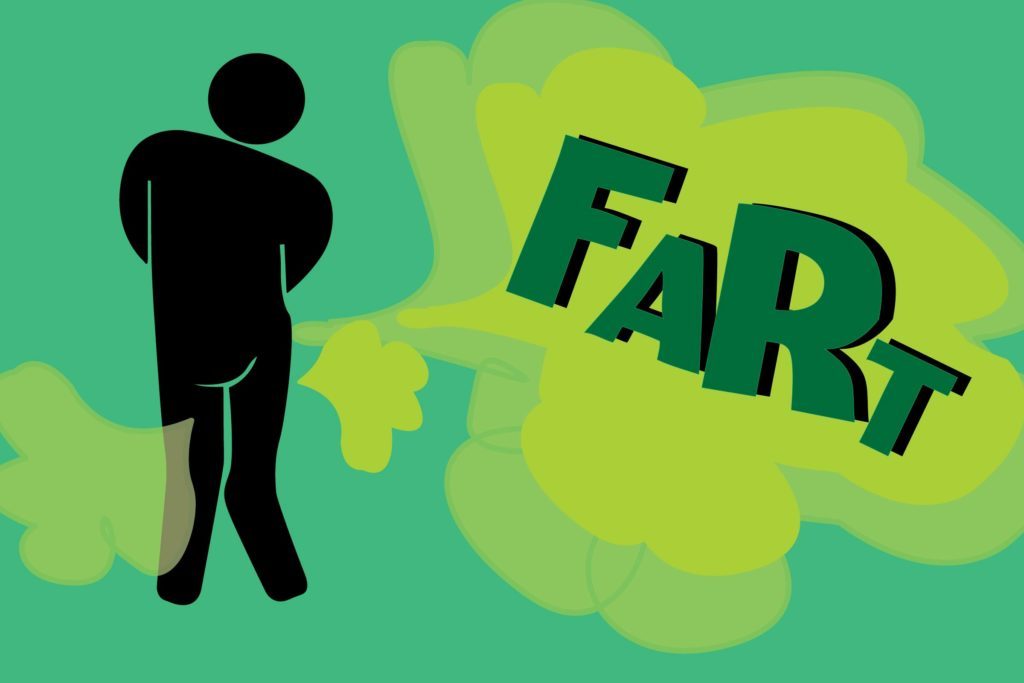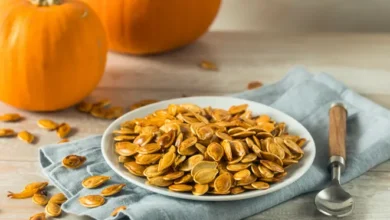11 Bizarre Facts About Farting We Bet You Didn’t Know
11 There are more than 100 ways to say you farted

Flatulence is the proper one; pass gas or break wind are pretty polite too. You might also “cut one” while your kids “toot.” And then there are the slang terms that even made us giggle: anal acoustics, cheek flapper, fog slicer, and strangle the stank monkey. However you choose to call your intestinal gas, it’s created when you swallow air and when bacteria in your large intestine breaks down certain undigested foods. Sometimes that extra air comes out as a burp; when it’s expelled south of the belly, the gas is called flatus. You might be surprised about the foods that cause gas.
10 You let about 14 rip a day

Before doth protest too much, that’s a completely normal number of farts for most people. Maybe you like to eat beans, Brussels sprouts, or bran—all notorious gas producers. More than 20 farts a day, however, could be a sign of another GI problem, such as a lactose intolerance, irritable bowel syndrome, or GERD. Here’s why holding in farts may be bad for your health.
9 Blame the stank on sulfur

Most of the gas you expel is an odorless mix of vapors—carbon dioxide, oxygen, nitrogen, hydrogen, and sometimes methane. But when bacteria in your large intestine acts on carbohydrates (like sugar, starches, and fiber) that aren’t absorbed in the small intestine or stomach, it also releases a small amount of sulfur compounds. That teeny bit emits a big stinky stank. No doubt as least one of those doozies will escape in the company of others. Here’s how to handle it when you fart in public.

8 You can buy fart-filtering undies…
open next page to continue reading….




